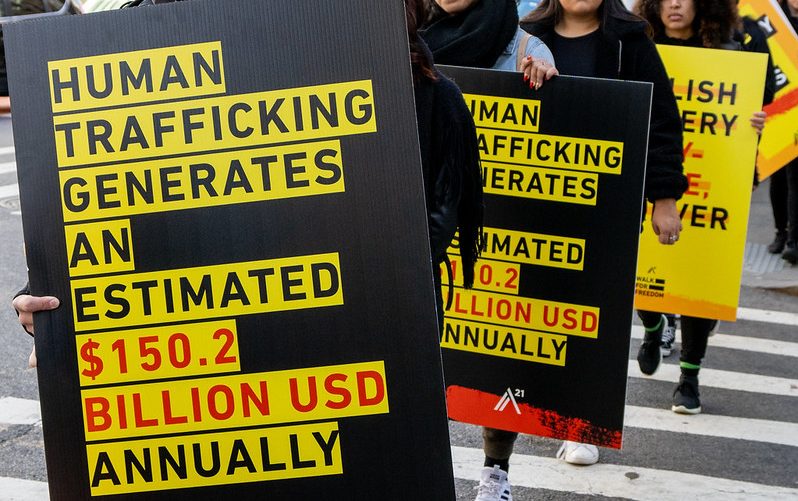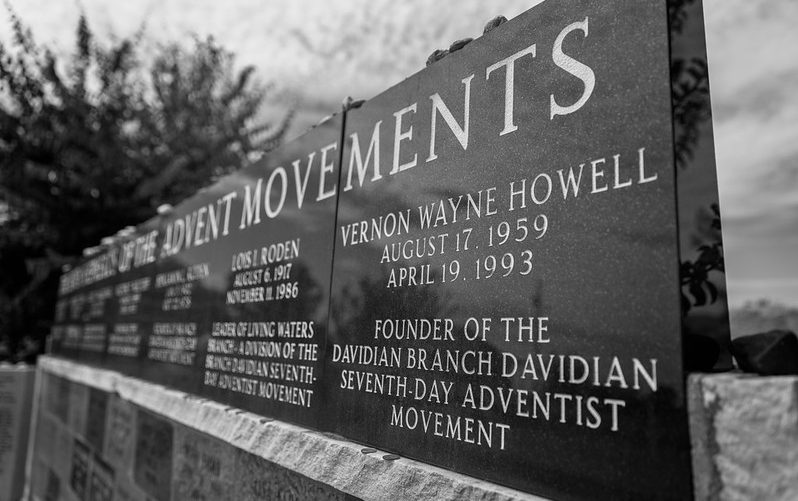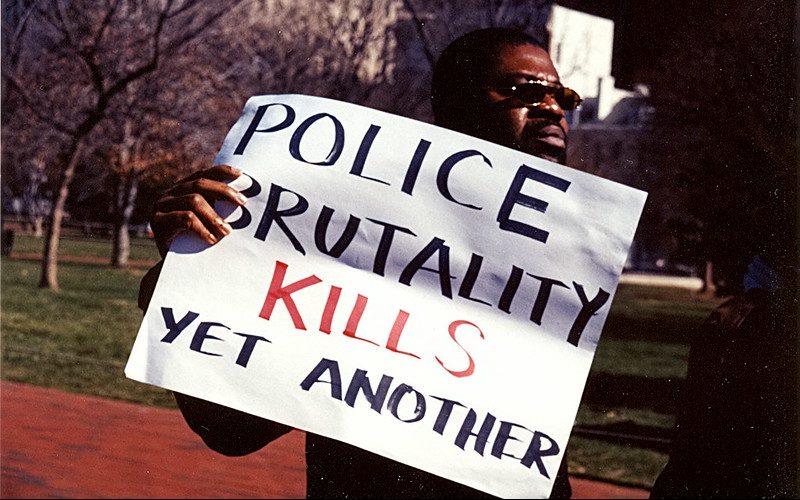
To Arms: Sexual Abusers after the Military and a Call for Action
It is a well-known fact of life that many of those accused or even convicted of sexual assault, harassment, or abuse within the U.S. Armed Forces can go about their daily lives without much change. Many are able to lead active and personally prosperous lives while their victims in some cases are jailed, forced out of the military, or take their own lives. One such individual is Michael D. Kepner II, an honorably retired Lieutenant Colonel of the United States Army. He is a sexual assaulter who has been able to engage in an active, financially and professionally profitable life outside of the military despite a conviction and sentencing.










